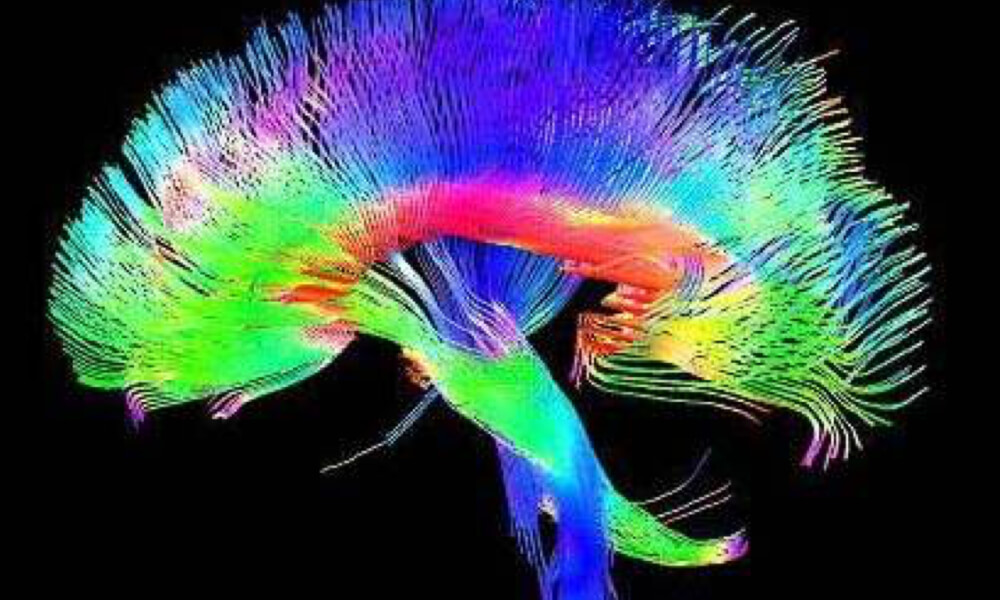- Welcome
- Testimonials
- Course Aims & Learning Outcomes
- MPhil Overview
- MPhil Programme Structure
- MPhil Coursework and Evaluation
- Sample Research Training Modules
- Sample Projects
- Practical advice
- Application
- Contact us
Programme Structure
MPhil Research Projects
The MPhil includes a project in a laboratory of the student’s choice, chosen from projects offered by Cambridge Neuroscience Principal Investigators. The write up for the project is formally assessed and forms 70% of the overall mark for the degree.
Once project choices are confirmed, each student will be notified of the start date and given contact details of their project supervisor. Students are encouraged to contact supervisors in advance of starting the project as there may be background reading to complete. The supervisor will arrange access, facilities and any specific training required.
Extended Essay
A 5,000-word extended essay; The topic of the essay must be approved by the Programme Director and will form the basis of the portfolio of lectures and seminars which the student takes. This essay forms 25% of the overall mark for the degree.
Research Methods and Statistics
- Statistical Methods for Biologists – compulsory
This 30-hour ‘Statistics for Biologists’ course will focus on practical statistics, teaching you how to perform simple analyses using the statistical package R. This module will be linked to an assessment that will form 5% of the overall mark for the degree.
- Practical introduction to MATLAB Programming – optional
This 8-hour intensive course focuses on practical hands-on variable handling and programming implementation rather than on theory.
- Statistical Methods for Cognitive Psychologists – optional
This 9-hour lecture course will serve as an introduction to statistical methods for postgraduate students.
Cambridge Neuroscience themed seminars
Students receive a total of more than approximately 30 hours of lectures, seminars and workshops (compulsory) on the six main themes of Cambridge Neuroscience; Neurons, Circuits and Networks, Adaptive Brain Computations, Lifelong Brain Development and Brain Ageing, The Social Brain, Beyond the Neuron, Brains and Machines.
Research Training Modules
Students will choose a minimum of three research training modules, from a choice of approximately nine modules. Students may complete (and indeed are encouraged) more than the minimum three research modules. Some of these modules are already timetabled in conjunction with other courses and others will be specifically run for your group.
Journal Clubs
These will run in synchrony with the Cambridge Neuroscience Seminar schedule (e.g. Adrian Seminars, Chaucer Club, Zangwill Club etc.). During the week preceding the seminar, a Teaching Assistant (TA) will give a short lecture (30 minutes max) to cover topic background and main research techniques before leading a journal club session, where a seminal paper authored by the speaker will be thoroughly discussed. The MPhil students will then attend the relevant seminar.
Research Skills Workshops
You will also have the opportunity to attend interactive workshops covering the main research transferable skills (e.g., reading papers, applying for studentships, visualising data, science communication skills, open science and much more). Some of these sessions are already timetabled in conjunction with other courses and others will be specifically run for your group.
Interdisciplinary seminars
The Cambridge Neuroscience community collectively hosts ~350 talks and seminars per annum, details of which you can find here. To sign up to receive email alerts about neuroscience seminars, or to add talks to the list, please visit Talks.cam and search for Cambridge Neuroscience Seminars.


